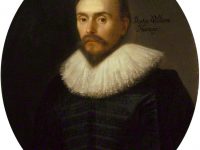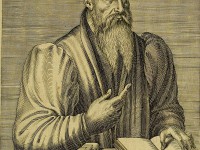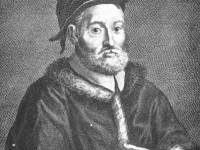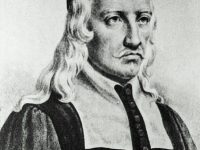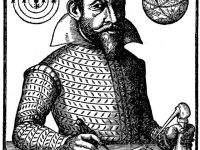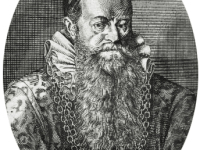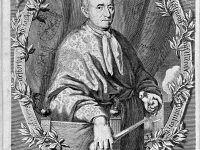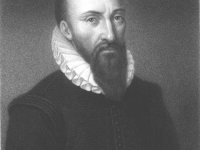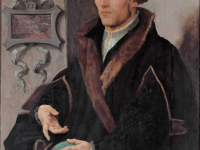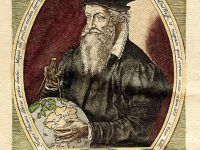William Harvey and the Blood Circulation
On April 1, 1578, English physician William Harvey was born. Harvey made seminal contributions in anatomy and physiology. He was the first known to describe completely and in detail the systemic circulation and properties of blood being pumped to the brain and body by the heart. “The heart of animals is the foundation of their life, the sovereign of everything within them, the sun of their microcosm, that upon which all growth…
Read more

